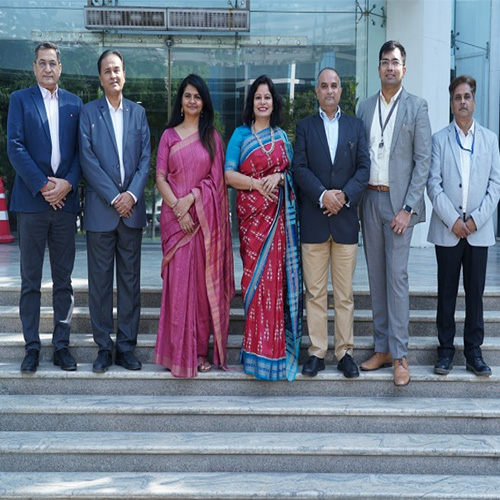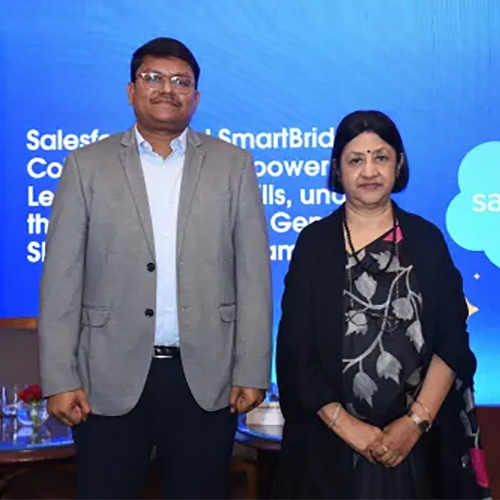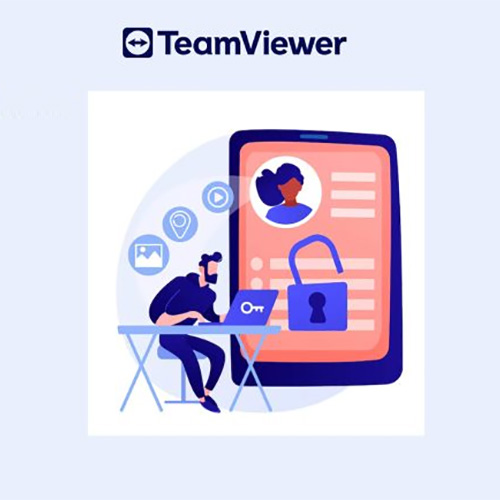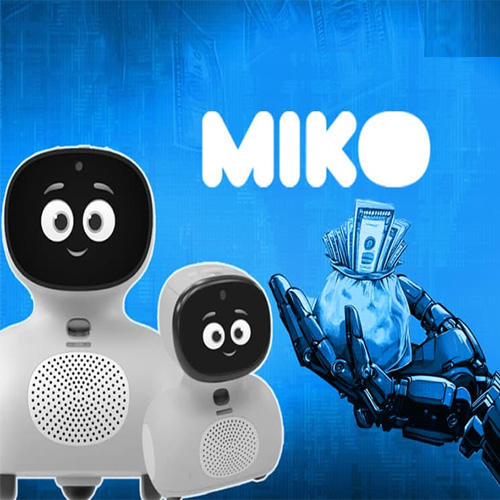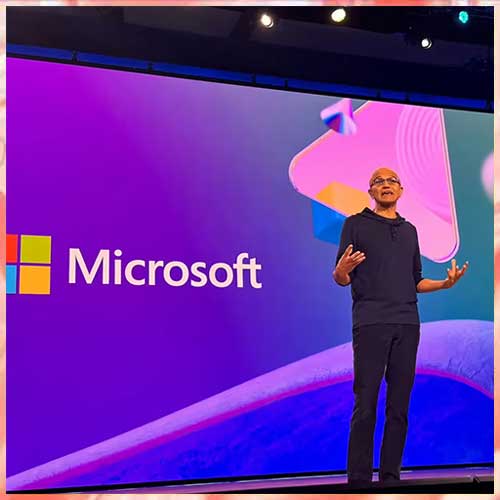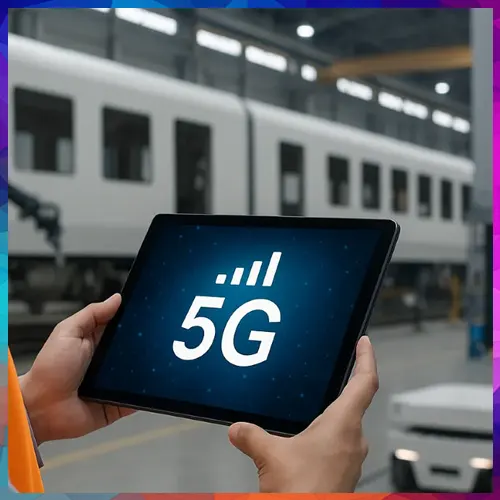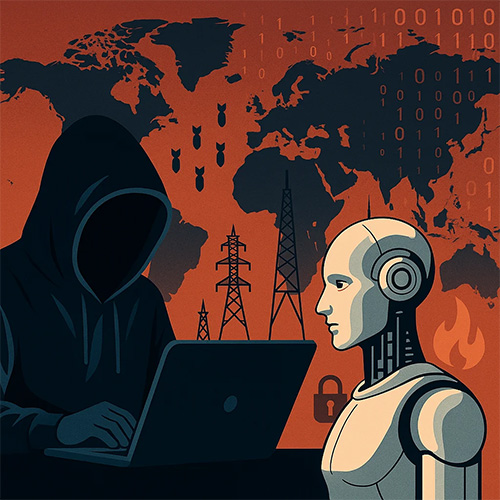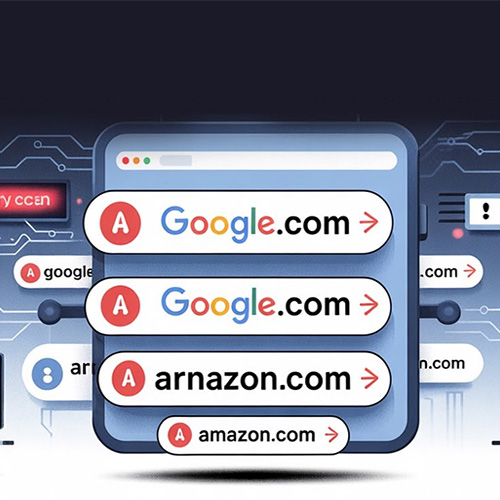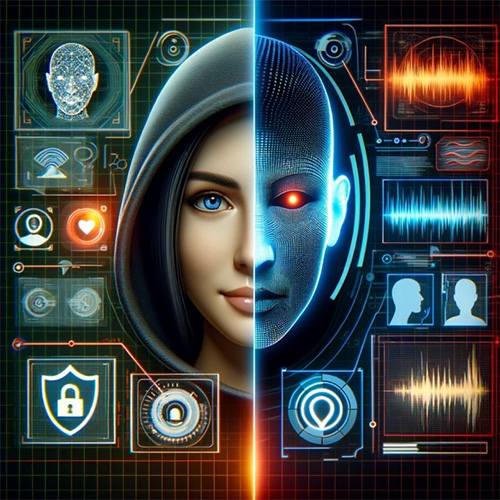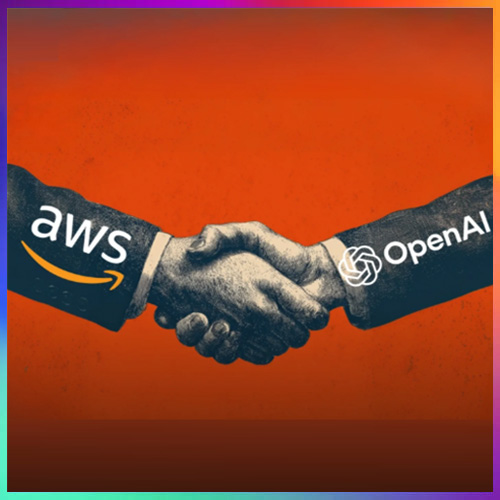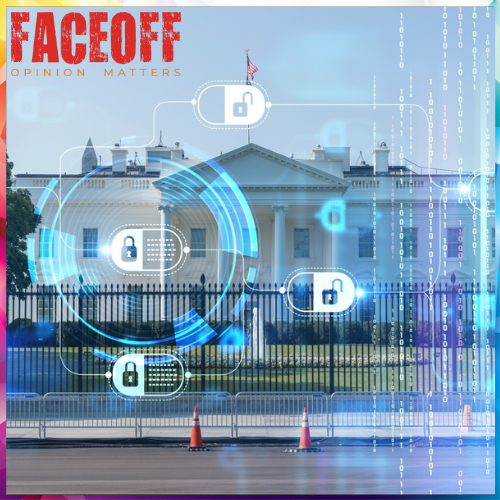
S. Mohini Ratna,
Editor - VARINDIA
The internet faces its biggest shift since the Web’s birth. On May 20, 2025, Google CEO Sundar Pichai unveiled AI Mode, a new end-to-end search experience. Hailed as the future of search, it also raises fears of a “machine web,” where AI agents dominate online interactions.
For years, websites let Google crawl content in exchange for traffic that drove ad and sales revenue. With Google holding 90% of search, this fueled the digital economy — but AI Mode is disrupting that bargain and reshaping the web’s economics.
Unlike earlier incremental changes, AI Mode is a full reset of search. Instead of typing keywords and clicking through blue links, users now converse with AI agents that deliver direct answers, anticipate intent, and even complete tasks. Search is no longer about information retrieval; it is about task fulfillment.
AI Mode could bypass websites by directly booking services or products, making traditional SEO tactics obsolete. Now, visibility depends on whether Google’s AI selects a brand to fulfill a task. For small businesses, AI Mode offers new exposure but risks invisibility if filtered out. For publishers, fewer clicks could collapse ad revenue, threatening content diversity.
Google has rolled out AI Mode in 180 countries, signaling that this is not an experiment but a global paradigm shift. Businesses everywhere — from multinationals in London to small entrepreneurs in Lucknow — must adapt.
Large corporations face the challenge of redesigning digital strategies for AI-first discoverability. Meanwhile, local businesses may find that the AI agent itself books dentists, gyms, or salons on behalf of users, bypassing traditional discovery channels altogether.
Personalization deepens the challenge. If an AI agent learns a user’s preferences so narrowly that it filters out certain brands, those businesses may never reach that customer again. The digital marketplace is becoming more competitive, more filtered, and more algorithm-dependent.
The winners will be companies that move early to test and adapt content for AI Mode. The losers will be those who wait, risking obsolescence in a system where agility defines visibility.
AI Mode’s launch aligns with another shift: Microsoft ends Windows 10 support on Oct 14, 2025, leaving devices without free security, support, or updates. Users must shift to Windows 11 or Microsoft’s paid ESU, highlighting how rapidly digital transformation is accelerating alongside Google’s AI-driven web.
Beyond corporate strategies, a new geopolitical shift is emerging: sovereign AI. Governments worldwide are uneasy about relying on U.S. and Chinese tech giants like OpenAI, Anthropic, or Google DeepMind for critical AI infrastructure.
Europe has taken the lead, with Emmanuel Macron and Ursula von der Leyen pushing for indigenous AI models. India is advancing BharatGPT, designed for multilingual applications in finance, agriculture, and healthcare. At the same time, India’s FaceOff Technology is developing multimodal AI systems to combat deepfakes, synthetic frauds, and money laundering.
The rationale is clear: AI is not just a business tool; it is national infrastructure — as vital as electricity or telecom. Control over foundational models is now equated with sovereignty. Fragmentation could create AI “walled gardens,” hurting interoperability and weakening global resilience. The future hinges on balancing autonomy with integration.
Even Apple, usually cautious with acquisitions, is now eyeing bold AI moves, including talks around Mistral and Perplexity, as Tim Cook signals openness to major deals, a significant departure from Apple’s historical caution.
This shift underscores how critical AI has become. No major tech company can afford to fall behind in what is increasingly seen as the defining infrastructure of the future.
Taken together — Google’s AI Mode, Microsoft’s Windows 10 sunset, and the global push for sovereign AI — the message is clear: the old architecture of the internet is ending.
The once-familiar system of search engines sending traffic to websites, operating systems offering long-term stability, and global models serving universal needs is breaking apart. The next phase will be more personalized, more secure, but also more contested.
• AI will not just answer questions — it will act.
• Operating systems will no longer tolerate outdated versions.
• Nations will no longer accept dependence — they will demand control.
The “machine web” is no longer a future concept. It has arrived. Whether it leads to an open, resilient internet or a fragmented AI-dominated landscape depends on how businesses, governments, and users respond. What is certain is that the digital era we knew is closing, and a new one has already begun.
Finally, the AI race is about digital sovereignty — nations that lead in AI can transform industries, strengthen security, and expand their global influence.
See What’s Next in Tech With the Fast Forward Newsletter
Tweets From @varindiamag
Nothing to see here - yet
When they Tweet, their Tweets will show up here.








